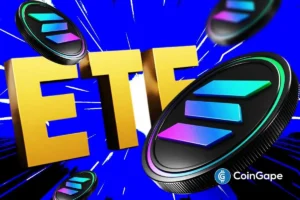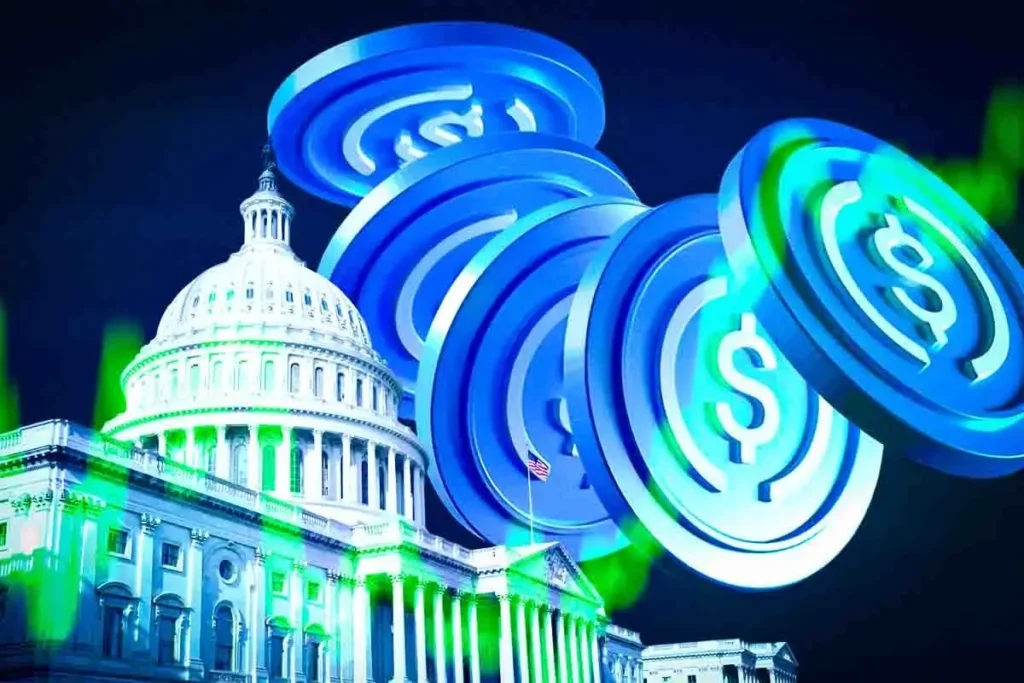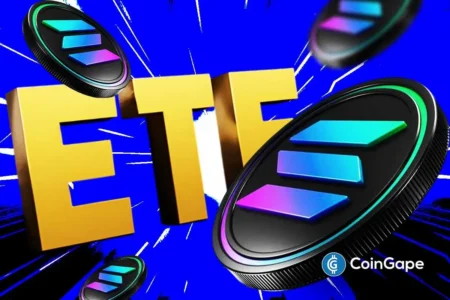The GENIUS Act: A Landmark Bill in US Stablecoin Regulation
The U.S. Senate is poised to potentially pass the GENIUS Act by the week’s end, contingent upon concerted efforts by Congress members to resolve key issues surrounding the legislation. This proposed stablecoin bill has encountered significant opposition, but current discussions aim to expedite its approval. As U.S. lawmakers work diligently behind the scenes, the prospect of the GENIUS Act becoming law gains traction, promising to reshape the landscape of stablecoin regulation in the country.
Key Proposals Under Review
According to reports from Eleanor Terrett, a U.S.-based cryptocurrency journalist, negotiations are intensifying to craft a consensus among lawmakers that would facilitate a focus on essential amendments to the stablecoin bill. A primary concern is to enable the legislation to navigate through the complex legislative process without being impeded by the full cloture requirement. This streamlined approach could significantly accelerate the journey toward a vote on this pivotal bill.
Amendments currently under consideration include new disclosure requirements for government officials involved in cryptocurrency, which could enhance transparency and accountability in this burgeoning sector. Furthermore, the GENIUS Act also looks to address ownership rules by proposing a ban on Chinese ownership of stablecoin issuers. These amendments could significantly impact both domestic and international cryptocurrency markets.
Legislative Advances Amid Setbacks
After facing a series of setbacks, the GENIUS Act is now prepared to undergo amendments following a cloture vote in May. The current legislative environment reflects a growing urgency to pass the bill, particularly as more senators express their support. This momentum is critical, especially given the recent challenges that have delayed similar measures. Senators are expected to actively debate and vote on these key issues, demonstrating a commitment to a regulatory framework that aligns with the evolving landscape of digital currencies.
One of the focal points of these discussions is a potential amendment to U.S. anti-money laundering regulations, as well as adjustments to the Bank Secrecy Act. By tightening these regulations, lawmakers hope to bolster the integrity and security of stablecoin transactions, fostering greater trust among users and investors alike.
Potential Roadblocks: The Credit Card Competition Act
While the path for the GENIUS Act appears favorable, it is not without potential obstacles. A significant hurdle is posed by Senator Dick Durbin’s initiative to integrate the Credit Card Competition Act (CCCA) into the stablecoin bill. This development has sparked concern among various lawmakers, potentially complicating the legislative process.
The CCCA, introduced in the House in 2023, aims to compel major banks to diversify their payment networks beyond Visa and Mastercard. Its inclusion in the GENIUS Act could dilute the focus on stablecoin regulation, creating friction among those who believe that both issues should remain distinct. This controversy threatens to derail the progress made thus far, underscoring the complexities inherent in U.S. legislative negotiations.
The Future of Stablecoin Regulation
As discussions progress, the implications of the GENIUS Act reach far beyond the immediate legislative process. Should the bill pass, it could set crucial precedents for how stablecoins are regulated in the U.S., influencing both domestic and international standards. By fostering a regulatory environment that emphasizes transparency and security, the U.S. could enhance its position as a leader in the global cryptocurrency landscape.
Moreover, the successful passage of the GENIUS Act would signal a broader acceptance of cryptocurrencies within mainstream finance, potentially encouraging innovation and investment in the sector. It would also reflect lawmakers’ recognition of the necessity for comprehensive regulatory frameworks that can adapt to the fast-evolving nature of digital currencies.
Conclusion: A Time of Transformation
The trajectory of the GENIUS Act highlights a pivotal moment in U.S. cryptocurrency regulation, capturing the attention of stakeholders across the industry. As lawmakers navigate complex negotiations and potential amendments, the decisions made in the coming days will undoubtedly shape the future of stablecoins and related technologies. The combination of urgency, strategic deliberation, and potential challenges creates a dynamic atmosphere that will be closely monitored by both advocates and critics alike.
The outcome of the GENIUS Act not only matters for the stability and legitimacy of stablecoins but also for the broader cryptocurrency ecosystem in the U.S. As this story continues to develop, stakeholders will be keenly observing how these legislative efforts unfold and their potential to impact the rapidly advancing world of digital finance.
















